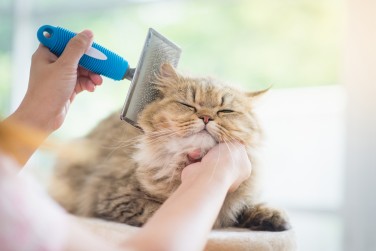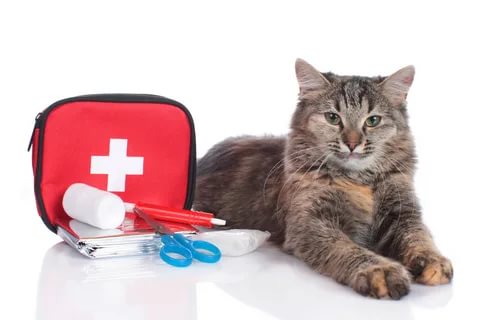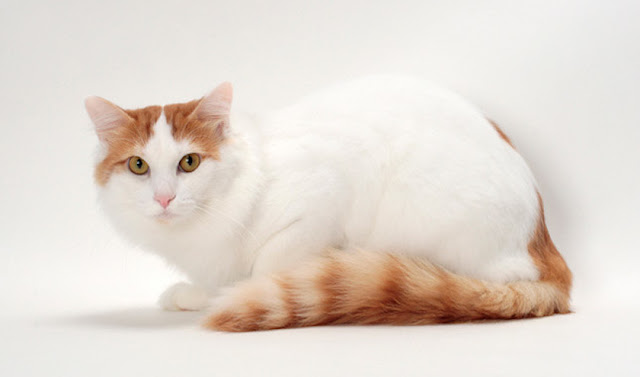10 of the most important basics of caring for domestic cats
What are the basics of home cat care? Cats are one of the most common animals that are very popular with all cat lovers, and they are sensitive creatures. Once they feel neglected or lack of hygiene, it negatively affects them and sometimes reaches the cat’s abstention from eating and drinking, which may lead to death. Who thinks that taking care of cats is a matter Simple and easy, it is mistaken, because caring for them, especially newborn cats, is no less complicated than a human newborn, so we will learn through this article the basics of caring for domestic cats.
10 of the most important basics of caring for domestic cats
- The need to show the cat to a specialized veterinarian before acquiring it to ensure that it is free of infectious diseases.
- Adult kittens thanks to having them in the house from the age of two months.
- Be sure to vaccinate cats, especially those who are two months old, after 5 days of their acquisition, they are vaccinated with the quadruple vaccination against deadly viruses and it is repeated after 21 days, then it is repeated annually.
- It is necessary to vaccinate cats preventive and therapeutic doses against insects every two months, then therapeutic doses against worms and taken according to the weight of the cat every three months.
- When the cat reaches three months, it is vaccinated against rabies every year.
- Cats are weaned from the age of two months and from two months to 6 months, the cat is given three to four meals a day, from 6 months to a year it eats two or three times a day, and from more than a year it eats twice a day.
- These foods are prohibited for cats, which are dairy, sweets, chocolate, fruits, onions, garlic, grills, and bones.
- Cats eat French and German dry food, which is one of the foods for cats, and it can be given soft food as a small meal between the main meals, and fresh food, which is boiled chicken pieces cut into very small pieces, boiled potatoes or carrots that are mashed well, triangle cheese, skimmed yogurt, Mashed boiled beans.
- Cats are bathed with their own shampoo in the winter when necessary, but in the summer once every two weeks because cats clean themselves with their teeth because they contain an anti-bacterial substance.
- The necessity of combing the cat’s hair with the brush designated for it in order to remove dead hair and dirt, and to remove or prevent tangles, and long-haired or thick-haired cats need care and cleaning every day.
- Taking care of kittens or newborns is difficult and is determined based on their age, the health status of the young, and the presence or absence of the mother.
- The necessity of consulting a veterinarian because caring for kittens requires a double effort, especially in the absence of the mother.
- It is necessary to know the appropriate food for newborn cats, especially when the mother is not present, so a veterinarian should be consulted about the appropriate food for their age.
- Kittens should be fed from the age of one or two weeks with formula or breastmilk substitute in the bottle designated for them. When they reach 3-4 weeks of age, put the milk in their own bowl 4-6 times a day.
- When cats reach 6-12 weeks of age, they should be offered dried food or dry food for kittens, along with artificial milk, because they are in excess need of the nutrients necessary for their normal growth.
- Make sure to measure the weight of the kittens from time to time to ensure that their growth rate is increased properly and naturally.
- Kittens should be handled as gently and calmly as your little one.
- The sleeping place for kittens should be allocated in a safe and comfortable place for them, away from cold weather.
- The necessity of helping kittens in their first weeks to fulfill their needs by using a wet old piece of clothing and massaging their sensitive areas so that they can fulfill their needs.
- Kittens are trained in the litter box to meet their needs from the age of 4 weeks.
- When noticing that any cat stumbles to meet its needs, you must consult a doctor immediately to avoid any serious problems that may harm kittens and affect their health.
- It is necessary to consult a veterinarian in common medical conditions such as not eating or any cold symptoms such as cold or cold, or diarrhea, constipation and recurrence so that their symptoms do not worsen.






Post a Comment